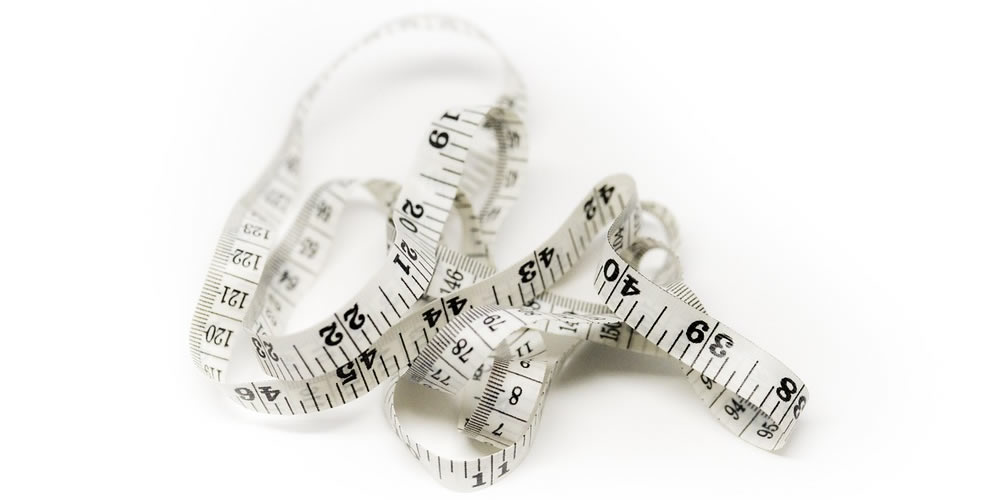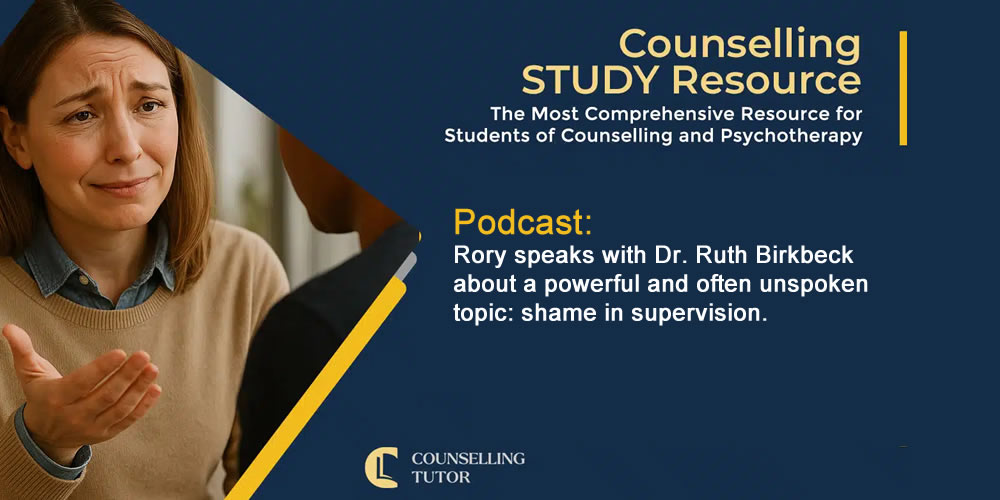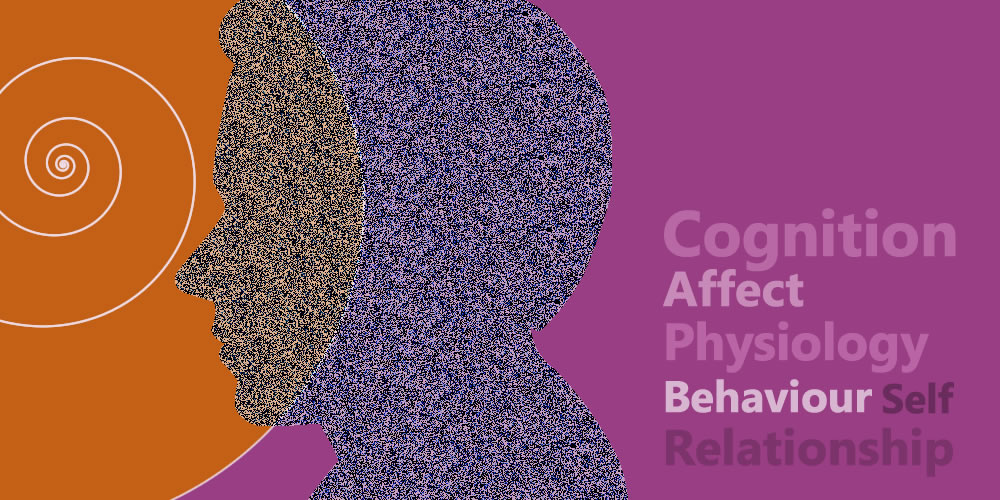‘Practice Matters’, Rory speaks with Dr. Ruth Birkbeck about a powerful…

Obesity & Depression
Weight is a complex issue and everyone seems to have an opinion, often amplified by broadcast and social media. Despite common assumptions, nobody chooses to be fat and obesity cannot be related to lack of self control.
Overweight people are affected by a disintegrated sense of self. There is a disturbance in the way they relate to themselves, to others and to the world. Frequently there is an absence of social contact; they tend to feel ashamed of their own body and are likely to withdraw into their small world, where food seems to be the only source of pleasure. They feel isolated, unlovable and not accepted, which increases the chance of developing clinical depression.
Some people have difficulty in understanding and expressing their own emotions. For these people, emotions like anxiety, depression, fear and anger are never expressed and stay silent and hidden in the body. As if the big body could be used as a wall to protect the real self from the pain of not being loved, not being accepted, not being important. These are usually the unmet needs of over-eating.
Once they find themselves in stressed situations, they over-eat in response to the stress, as an escape hatch, getting temporary release from the internal conflict.
Binge-eating is considered the exaggerated wish to eat something. Most of the time the over-eater eats without being hungry and doesn’t get satisfied. Sweets are often the first choice, and chocolate is the favourite, because it stimulates the production of serotonin, a brain chemical substance, responsible for the sensation of pleasure, relieving anxiety and depression.
The next time the person feels anxious, sad or angry; they will use food for comfort. As satisfaction can’t be achieved, the portions get bigger to get the same temporary release. But now it will be followed by a feeling of guilt and anger, which can lead to the forced elimination of what has been eaten, through purgatory drugs or vomiting. At this point food has become an addiction.
The over-eater often presents as angry and very irritated. Clinical depression is frequently diagnosed in obese people, due to the absence of pleasure, social contact, shame of their own body and non-acceptance of oneself.
There are no laboratory tests to detect the presence of depression. It’s only diagnosed by the presence of symptoms, such as bad-humour, sadness without reason, sleep problems, under or over eating (adding approximately 20% of body weight), emptiness, irritability, tiredness, lack of interest in things that used to be stimulating for them in the past, negative thoughts, insecurity, fear, reduced libido, low self-esteem, concentration problems and inability to make decisions, guilt and suicidal ideation.
It’s important to seek professional help if these symptoms are present. The treatment consists of antidepressant drugs, psychotherapy and nutritional advice.
Dr Ruth Birkebaek Psychotherapist and counsellor
Dr Ruth Birkebaek is a Certified International Integrative Psychotherapist Trainer and Supervisor (CIIPTS-IIPA), a Certified Transactional Analyst (CTA and PTSTA), UKCP registered psychotherapist and a Medical Doctor. She offers training courses in psycotherapy and counselling
She also offers therapy and counselling from her practice in Kew, Richmond upon Thames .
Psychotherapy sessions can also be online.


